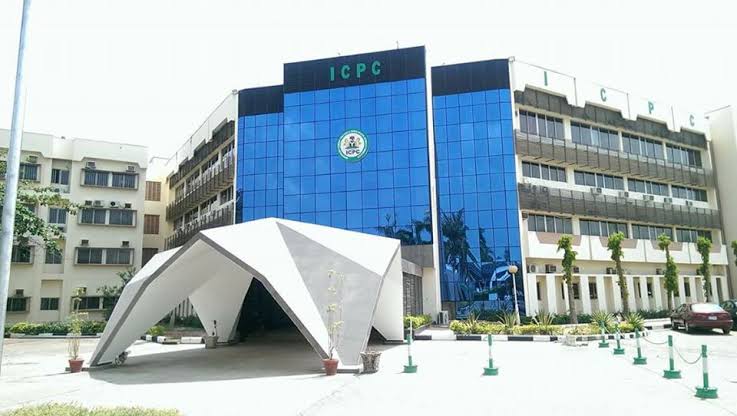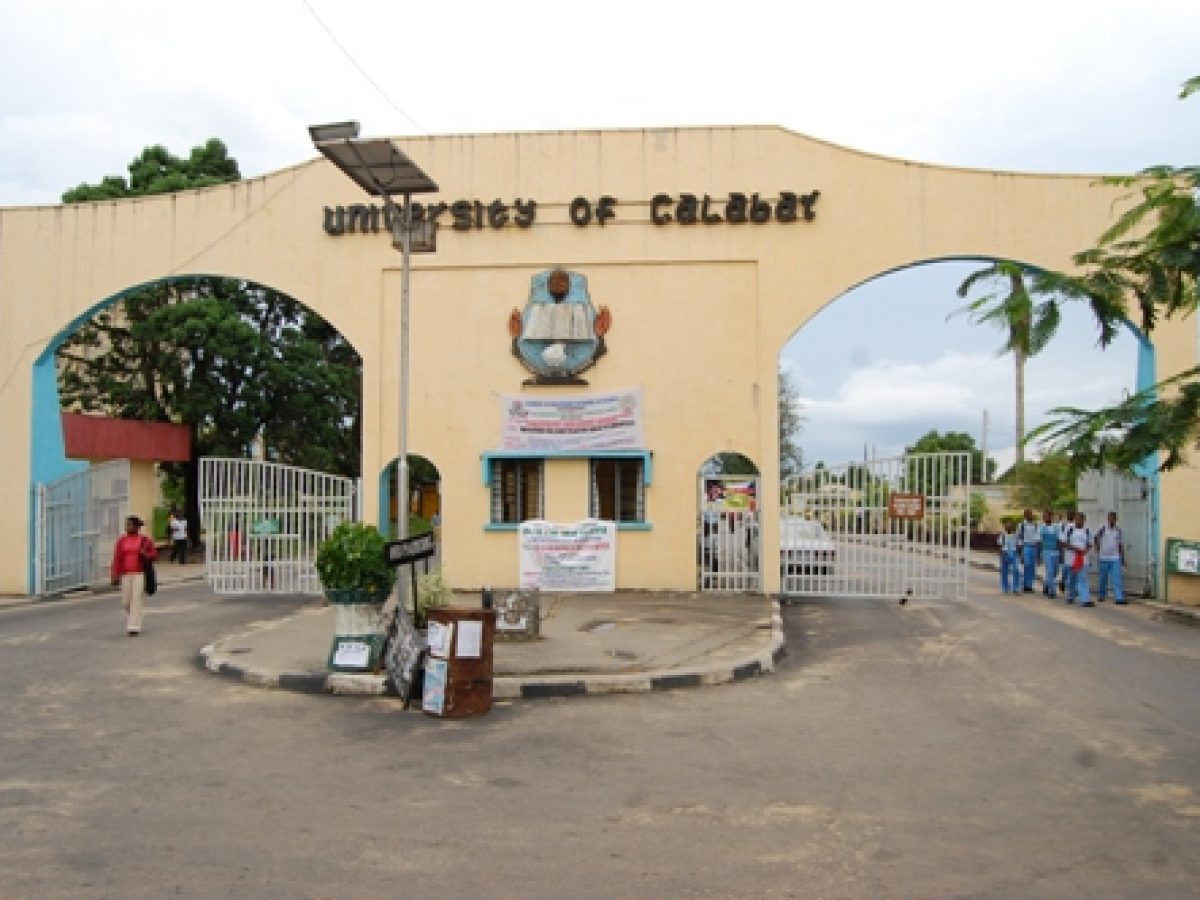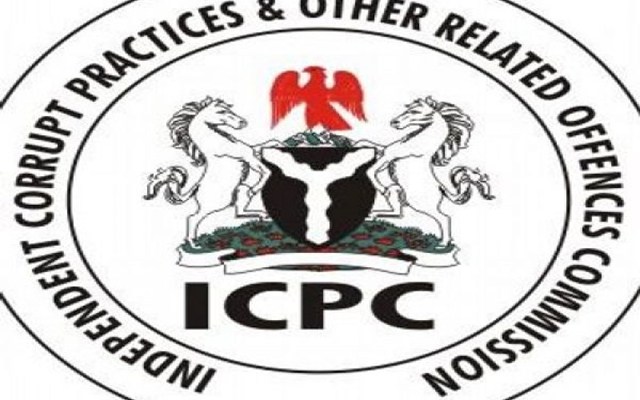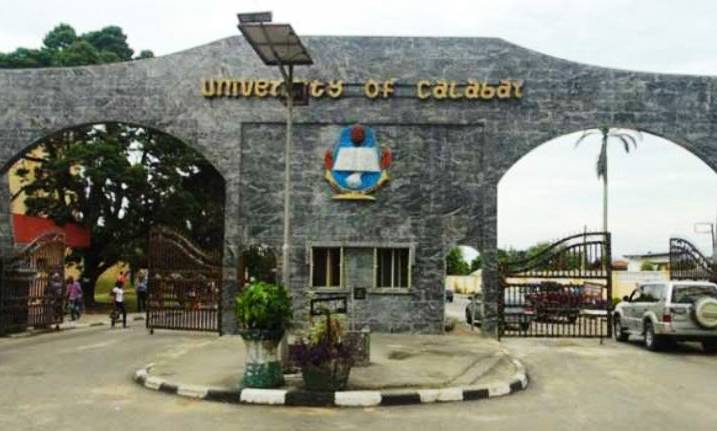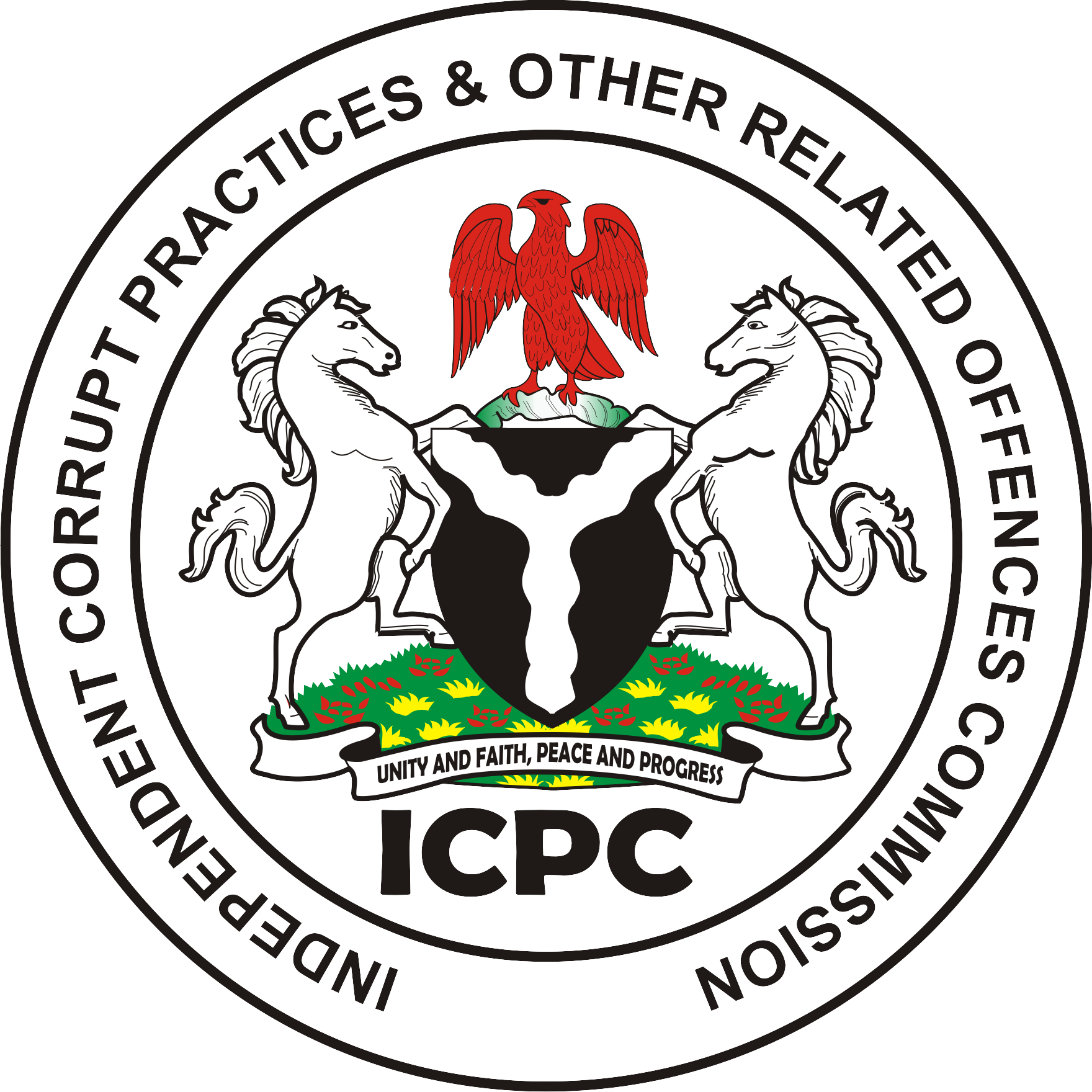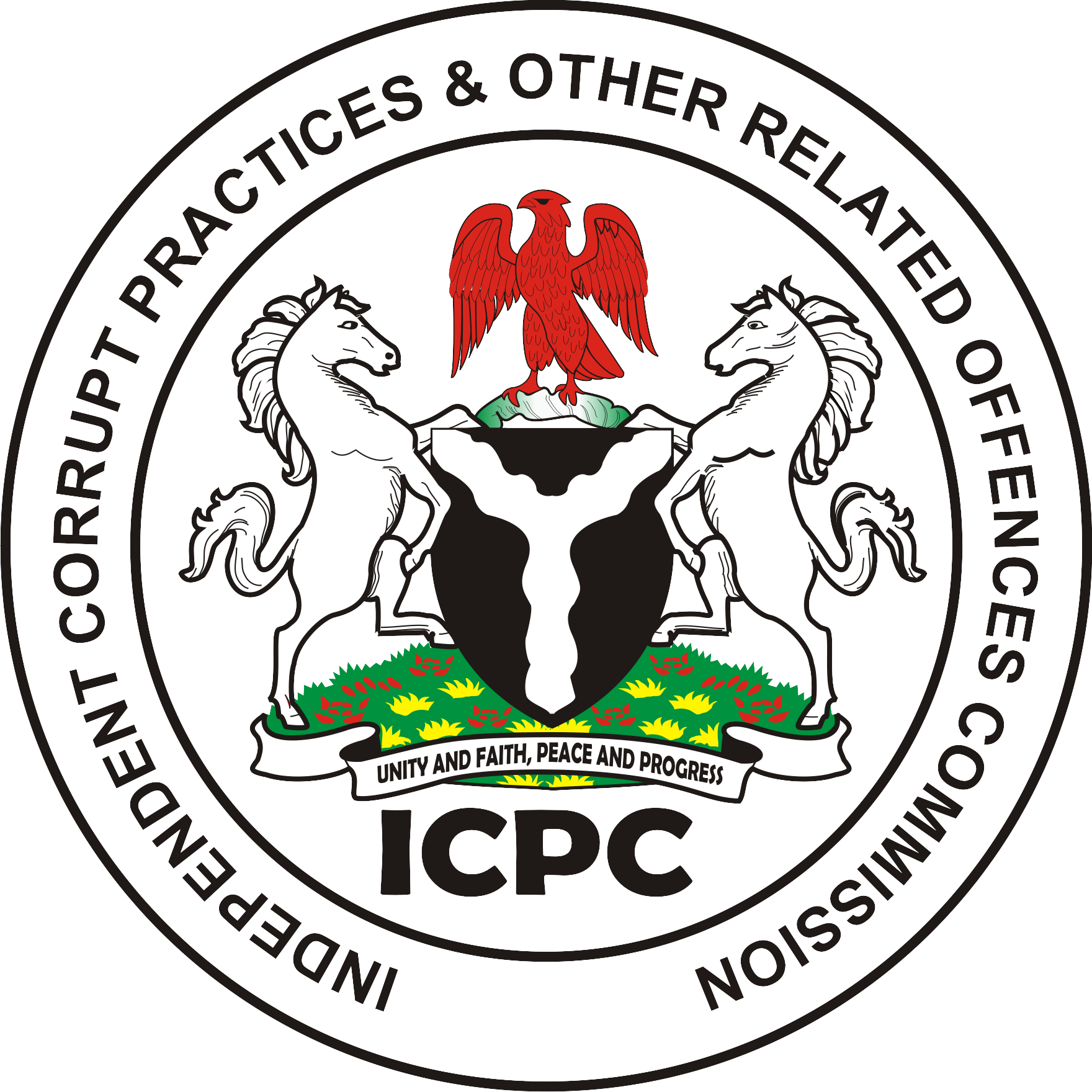… says Nigerians improving on ethics, integrity
The Independent Corrupt Practices and Other Related Offences Commission (ICPC) says implementing the National Ethics and Integrity Policy (NEIP) improves compliance with ethics and integrity while urging Nigerians to join the fight against corruption.
ICPC asserted this while participating in an anti-corruption radio programme, PUBLIC CONSCIENCE, produced by PRIMORG, on Wednesday, 3 April 2024, in Abuja.
ICPC’s Deputy Director and Head of Education Division, Okor Odey, while speaking on the impact of the implementation of NEIP since it was adopted by the federal government in 2020, stated that people’s consciousness and awareness to maintaining high ethical and integrity standards have been on the ascendency.
According to Odey, the National Ethics and Integrity Policy was based on the government’s need to re-orientate citizens on values and ethics. He noted that the policy is centred on citizens and organizations upholding “the core values of human dignity, voice and participation, patriotism, personal responsibility, integrity, national unity, and professionalism.”
He tasked Nigerians to rise to the occasion and play their role in the fight against corruption, adding that decent societies worldwide are operating and succeeding because they uphold these core values, and Nigeria cannot be an exception.
While stressing the need for a collective fight against corruption in Nigeria, Okor said, “Some politicians are corrupt, some bankers are corrupt, some teachers are corrupt, some medical doctors are corrupt, some broadcasters are corrupt, and some anti-corruption agents are corrupt.
“So we just have to fight it. Everybody needs to wake up and fight corruption from your level”.
He restated that the Commission is making marked progress with NEIP, “We are making progress with the promotion of National Ethics and Integrity Policy, people are getting more interested, some groups and individuals have taken up the advocacy and speaking about it on their own, so we are making progress.
“To implement NEIP, ICPC is partnering with the National Orientation Agency and the federation government.
“We have engaged with youth organizations, women’s societies, professional bodies, business management organizations, and civil society organizations. We hold town hall meetings, seminars, and conferences. We are engaging the National Council of Traditional Rulers,” Odey stated.
He, however, identified lack of funds as a major barrier to getting the message contained in the National Ethics and Integrity Policy across the 36 states of the federation.
“The major challenge is funding to promote this policy across the length and breadth of the country. ICPC has offices in only 21 states; we have covered practically every state in Nigeria, but not every local government,” Odey stressed.
On her part, ICPC’s Assistant Director of Ethics, Values, and Community Engagements, Dr. Anike Adesina, described citizens’ response to NEIP so far as positive, adding that the impact was already energizing some people to stand for their rights.
Her word: “Citizens response so far, I would say, has been encouraging. You know, we’ve had cases where people told us – the Commission has also successfully published the policy document (NEIP) in three major languages.
“Since 2020, the journey has been very encouraging.”
Adesina assured that the Commission will continue retooling and reviewing its programs to ensure Nigerians assimilate and imbibe the core values of NEIP.
Speaking on IPCC’s last report of the Ethics and Integrity Compliance Scorecard of Ministries, Departments and Agencies (MDAs), which indicted over 90 federal government agencies, Adesina revealed that the exercise is improving ethics and integrity in public offices
She noted that the primary aim of the scorecard for ministries is to draw MDA’s attention to their lapses and for correction, not punishment or witch-hunt.
Adesina assured that the Commission will continue frowning on unethical acts and integrity issues in public offices, adding that there are always consequences for MDAs found wanting.
Public Conscience is a syndicated weekly anti-corruption radio program PRIMORG uses to draw government and citizens’ attention to corruption and integrity issues in Nigeria.
The program has the support of the MacArthur Foundation.
